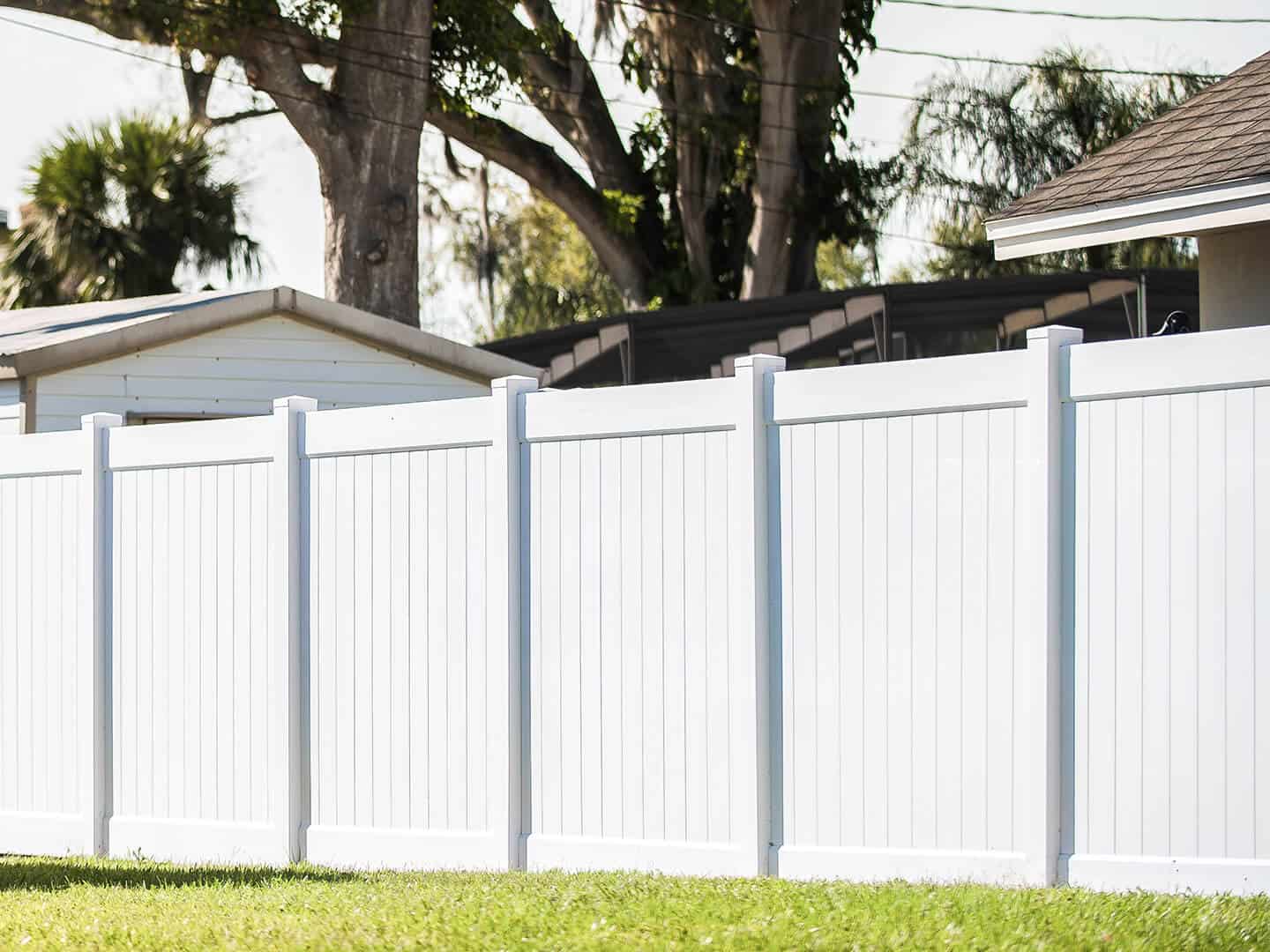Bosses change to ‘tattleware’ to hold tabs on workforce performing from dwelling | Technology
David, 23, admits that he felt a twinge of reduction when the to start with wave of Covid-19 shut down his Arlington, Virginia, business. A new higher education graduate, he was new to the job and struggled to simply click with his teammates. Perhaps, he believed, this would be a awesome crack from “the deal with-to-experience stuff”: the workplace politics and small talk. (His name has been modified for this tale.)
“I could not have been far more incorrect,” David claims.
That’s because, within just their initially week of remote operate, David and his group had been introduced to a electronic surveillance platform known as Sneek.
Just about every minute or so, the plan would seize a are living picture of David and his workmates via their business laptop webcams. The ever-modifying headshots were splayed throughout the wall of a digital conference waiting place that everyone on the staff could see. Clicking on a colleague’s encounter would unilaterally pull them into a video clip get in touch with. If you ended up blessed ample to capture a person goofing off or finding their nose, you could ahead the offending image to a staff chat via Sneek’s integration with the messaging platform Slack.
In accordance to the Sneek co-founder Del Currie, the program is intended to replicate the business. “We know lots of people will locate it an invasion of privacy, we 100% get that, and it’s not the resolution for people folks,” Currie suggests. “But there is also a lot of teams out there who are excellent friends and want to continue to be linked when they are doing work with each other.”
For David, however, Sneek was a dealbreaker. He stop soon after a lot less than a few weeks on the job. “I signed up to manage their digital marketing,” he tells me, “not to livestream my residing room.”
Tiny did he recognize that his knowledge was part of a vast-scale increase in worker surveillance– and a person which is poised to turn into a common element of lifestyle on the job.
Increase of the spies
Remote surveillance computer software like Sneek, also recognized as “tattleware” or “bossware”, represented a little something of a niche sector pre-Covid. But that all changed in March 2020, as companies scrambled to pull together work-from-home guidelines out of slender air. In April very last 12 months, Google queries for “remote monitoring” have been up 212% 12 months-on-12 months by April this calendar year, they’d continued to surge by a further 243%.
1 of the significant players in the business, ActivTrak, reports that during March 2020 alone, the firm scaled up from 50 client companies to 800. In excess of the study course of the pandemic, the company has preserved that advancement, today boasting 9,000 shoppers – or, as it statements, additional than 250,000 individual people. Time Health care provider, Teramind, and Hubstaff – which, together with ActivTrak, make up the bulk of the industry – have all found equivalent expansion from potential shoppers.
These software applications give bosses a mix of choices for checking workers’ on the web exercise and assessing their productivity: from screenshotting employees’ screens to logging their keystrokes and tracking their searching. But in the speedy-escalating bossware market, each platform perhaps provides one thing new to the table. There is FlexiSpy, which presents connect with-tapping Spytech, which is recognised for mobile device access and NetVizor, which has a distant takeover characteristic.
Tattleware platforms are hardly the sole culprits of expanded office surveillance. Employers are reportedly drawing on in-home IT departments to watch e-mail for flagged phrases at an increased rate as opposed with prior to the pandemic. By acquiring alerts when selected staff are speaking about “recruiter” or “salary”, for illustration, administration hopes to know when staff members are searching to up sticks for greener pastures.
Huge-name tech businesses have also dipped their toes into the spy recreation, with various levels of achievement. In April 2020, Zoom swiftly backtracked on a shorter-lived “attention tracking” environment, which alerted a simply call host when a participant was centered absent from the assembly for far more than 30 seconds. And in December, Microsoft bowed to tech experts’ outcry more than the release of a “productivity score” aspect for its 365 suite, which rated folks on conditions that included electronic mail use and network connectivity the device no extended identifies buyers by name.
In spite of controversy, tattleware and remote checking are not going absent any time soon, even as personnel change back to in-house and hybrid function styles.

“There’s no true sign of this trend slowing down,” states Juan Carloz, a digital researcher and privateness advocate with the University of Melbourne. “No indication of legislative improve in any jurisdiction I can name, and no signal of pushback from staff, even when they’re informed of it going on.”
‘Many are all way too material to let it slide’
Whether all of this amounts to corporate snooping, or just plain accountability, depends largely on which side of the fence you sit on. White-collar workers close to the globe have long taken it for granted that their e-mail are monitored on the occupation warehouses, offices, and stores, in the meantime, are often monitored by CCTV.
The figures look to bear out that we are inured to the plan of some layer of surveillance developed into our experienced life. In a new study, approximately a few-quarters of personnel explained their efficiency wouldn’t be influenced even if they knew their employer was monitoring them.
And even though the jury’s nonetheless out on irrespective of whether there’s any advantage to remote checking, Elizabeth Lyons, an affiliate professor of management at the College of California San Diego, is inclined to perform devil’s advocate.
“A research we performed uncovered people today undertaking information assortment perform out of the business had been far more effective when they were designed mindful they were currently being monitored, in comparison to their colleagues who weren’t informed they were being currently being tracked,” states Lyons. Surveillance even increased employee pleasure, she adds, noting that remote staff appreciate alerts that their functionality is integral to the group.
Nonetheless Lyons acknowledges that when checking turns into overbearing, worker morale will consider a hit.
“In other studies we have seemed at, the personnel ended up basically expressing, ‘If the supervisor is likely to look at every thing I do, then I’m not going to do something higher than and past what they count on of me,’” claims Lyons.
Then there is the concern of privateness. Carloz, the electronic researcher, is worried that the boom in tattleware has tipped the scales much too intensely in favor of the employer.
“Prior to the pandemic, the line among operate and perform was [clearer] – surveillance, in other text, stopped at the door,” says Carloz.
But the rise of tattleware variations the video game. If an personnel works by using a spy-enabled, work-sponsored pc exterior of several hours, their employer could simply obtain their individual facts, down to online banking passwords and Facebook messages.
Carloz concedes that most businesses are possibly not intrigued in gathering their workers’ personal data. They want to know what internet websites workforce are on, and what responsibilities they’re dividing their time on, during the workday. Having said that, if a boss does come to feel like snooping all over off-several hours, Carloz details out, there are “essentially no authorized protections afforded to [those employees] in most western nations”.
“But due to the fact, rightly or wrongly, [surveillance software] is getting framed as a trade-off for remote get the job done, quite a few are all far too content to permit it slide,” states Carloz.
Which brings us back to David. In the weeks immediately after boldly departing his 1st write-up-faculty career, the young digital marketer secured a article with a new, Sneek-cost-free business. He says he’s a lot happier for it.
“But a single of the very first matters they asked me to do was signal up for Hubstaff,” he laughs.







